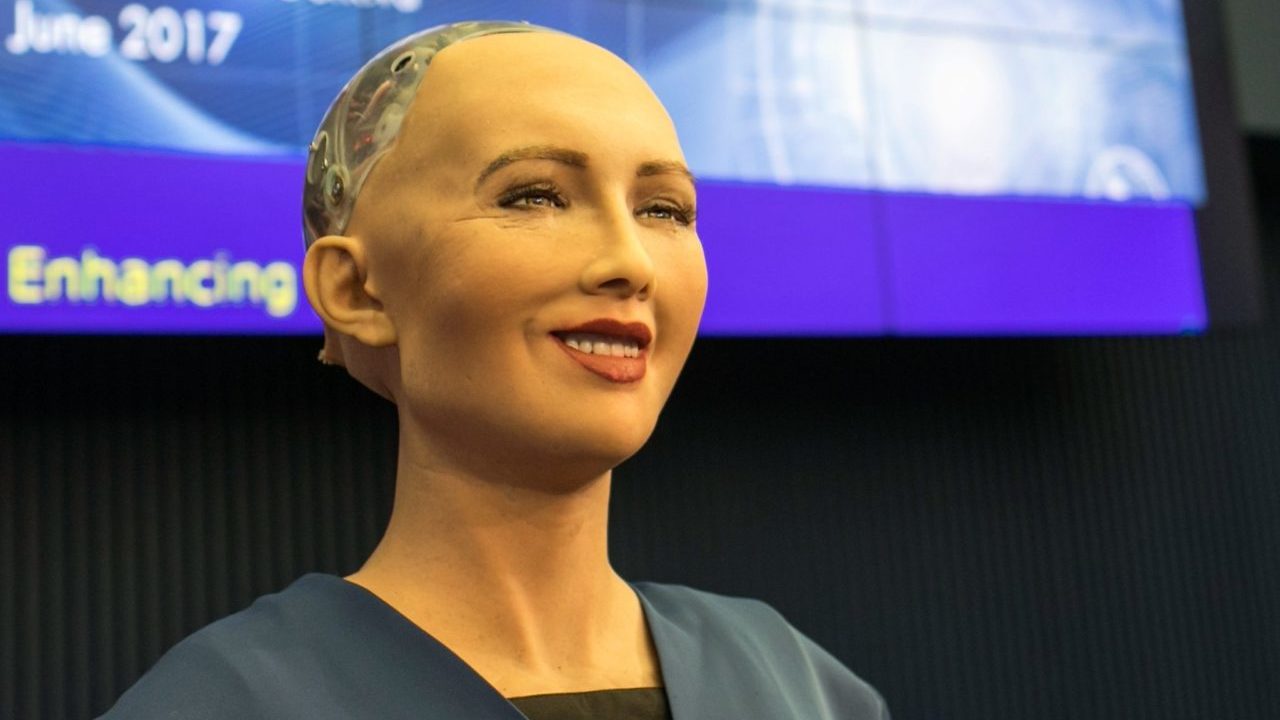How we value human labor will change as automation permeates all industries.
Automation will crucially impact the workforce. The big question everyone asks is: will we have enough paid work for the population?
Short answer: yes. As long as we embrace this path of creative destruction, we have the ability to create a bigger economic pie.
It takes an abundance mindset to understand that we can continue to create jobs that won't be automated. But it also takes entrepreneurs to create those jobs, which is why we believe creating more entrepreneurs, more millionaires, is the way we solve big problems.
In order to understand how automation is transforming our economy, one key area to focus on is how value is created by human labor.
What skills will workers need in the future of automation?
High-touch interactions involve a lot of communication and collaboration between humans. Low-touch, on the other hand, is like getting a fast food meal, there isn’t a lot of meaning to the process.
In general, all low-touch human labor is right for automation, because it doesn’t generate a lot of value for the consumer.
In Charles Hugh Smith's book, "Get a Job, Build a Real Career and Defy a Bewildering Economy," the author stresses that if you want to still have a job in the future, the best choice is a high-touch-based career.
Workers must acquire a wide range of skills that are difficult for software or AI to replicate.
Charles also proposes an alternative system providing jobs in his other book, "A Radically Beneficial World: Automation, Technology, and Creating Jobs for All: The Future Belongs to Work That Is Meaningful."
He names it CLIME (Community Labor Integrated Money Economy). It revolves around a community economy that’s less globalized, like your neighborhood farmers' market.
Meaningful work that has a direct impact on others is important. In our digital world, that can be at a farmers' market or in a virtual community. We can create small groups of customers who connect in a singular digital location to learn from experts, engage with content and consume products.
MORE TECH STORIES ON CAPITALISM.COM:
• 5 Reasons Automation Should Be Embraced and 1 Reason to Be Scared
• How You Can Use Automation For Investing Before The Economy Tanks
• How New Fintech Automation Software Has Replaced 360,000 Hours of Human Work












